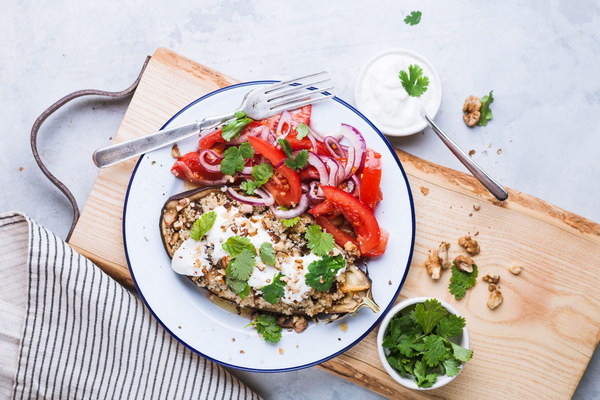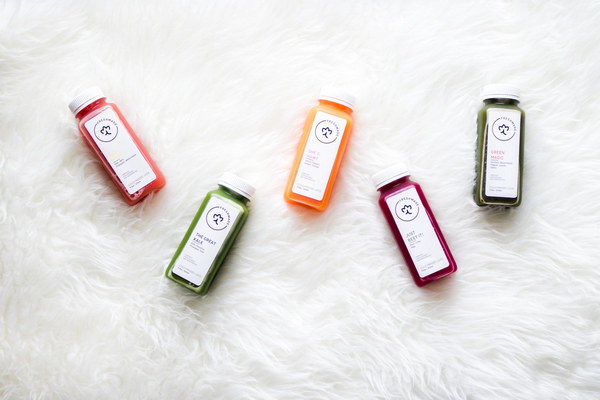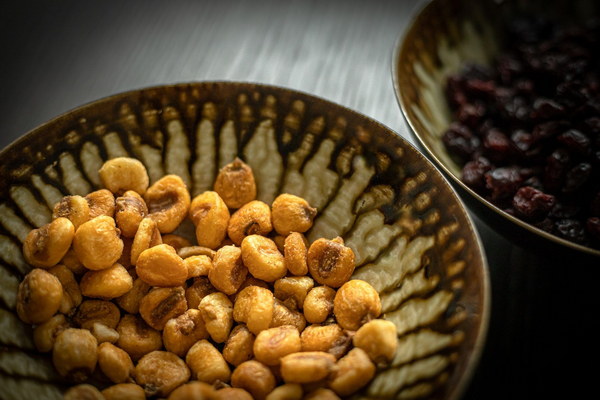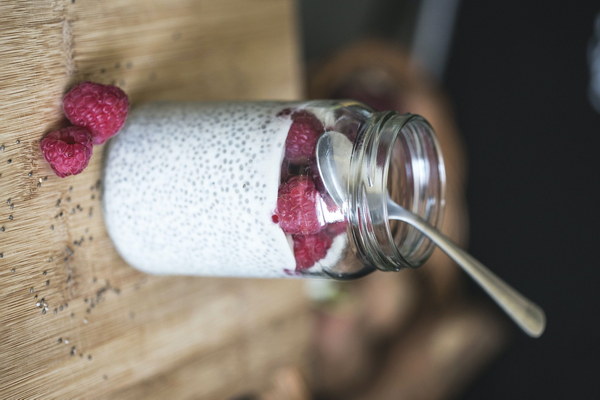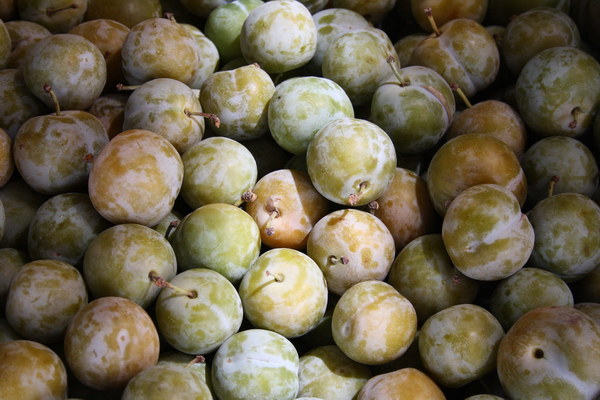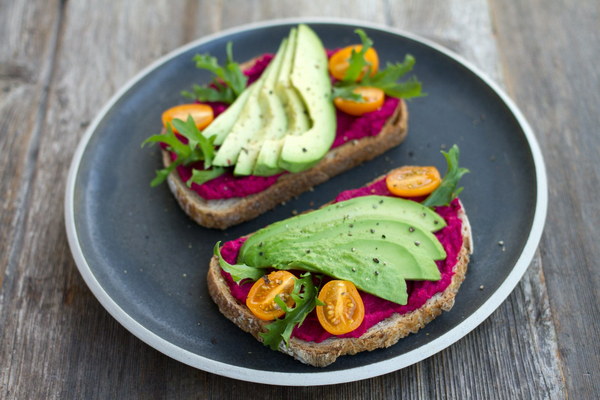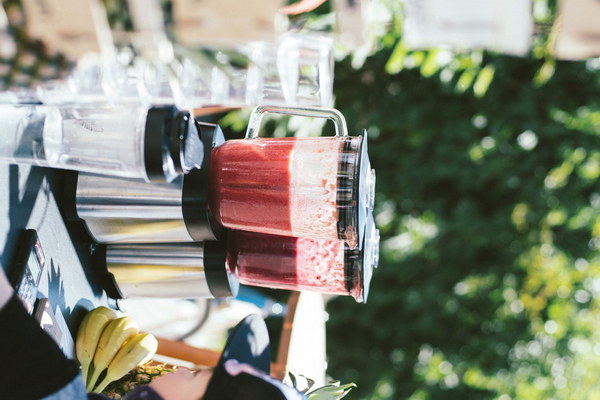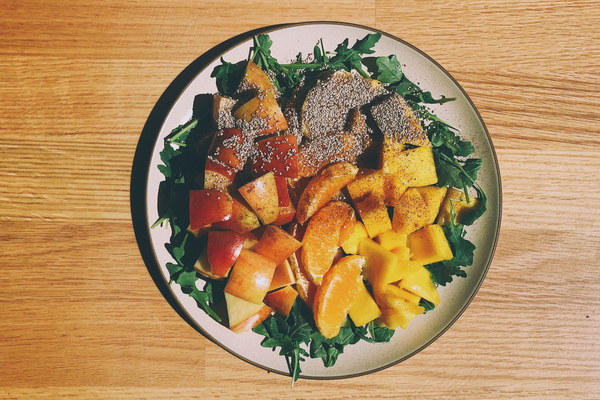The Cup That Should Never Be Used for Infusing HealthBoosting Herbal Teas
In the world of wellness and herbal teas, selecting the right cup can be as crucial as choosing the right blend of herbs. However, not all cups are created equal, and some materials can actually detract from the health benefits of your favorite herbal teas. In this article, we delve into the types of cups that should never be used for infusing water-based health teas.

The Importance of Cup Material
The material of a cup can significantly impact the taste, aroma, and even the health benefits of your herbal tea. While some materials enhance the experience, others can introduce unwanted flavors, chemicals, or leach harmful substances into your drink.
The Cup to Avoid: Plastic
Plastic cups are a common choice for on-the-go beverages, but they are a definite no-go when it comes to herbal teas. Plastic cups can leach harmful chemicals like BPA (bisphenol A) and phthalates into your tea, especially when exposed to heat. These chemicals have been linked to various health issues, including hormonal disruptions and increased risk of cancer. The heat from hot water can accelerate the leaching process, making plastic cups a risky choice for your health.
The Cup to Avoid: Aluminum
Aluminum is another material that should be avoided for brewing herbal teas. While it is not as problematic as plastic in terms of chemical leaching, aluminum can still affect the flavor and health benefits of your tea. Aluminum is known to interfere with the absorption of certain nutrients and has been associated with an increased risk of Alzheimer's disease. Moreover, aluminum can react with the acids present in some herbal teas, altering their taste and potentially reducing their efficacy.
The Cup to Avoid: Silver
Silver cups may seem like a luxurious choice for enjoying herbal teas, but they are not the best option for health teas. Silver has natural antibacterial properties, but it can also react with the tannins in some herbal teas, causing discoloration and altering the flavor profile. Additionally, silver can be expensive and may not be as environmentally friendly as other materials.
The Cup to Avoid: Ceramic with Glaze
Ceramic cups with a glossy glaze can also be problematic for health teas. The glaze contains a layer of lead, which can leach into your tea, especially if the cup is exposed to hot water. Lead is a toxic substance that can cause a range of health issues, from neurological damage to kidney problems. Opting for unglazed ceramic or ceramic cups with a food-grade glaze is a safer alternative.
The Ideal Cups for Infusing Health Teas
Now that we've identified the cups to avoid, let's talk about the ideal materials for brewing your health teas:
- Glass: Glass cups are a neutral choice that won't affect the flavor of your tea. They are also non-reactive and do not leach any harmful substances.
- Ceramic without Glaze: Unglazed ceramic is a popular choice for herbal teas. It is non-reactive, retains heat well, and is naturally insulating.
- Stainless Steel: Stainless steel cups are excellent for brewing herbal teas. They are durable, non-reactive, and can withstand high temperatures without leaching any chemicals.
Final Thoughts
The right cup can enhance your herbal tea experience and ensure that you are getting the maximum health benefits from your favorite blends. By avoiding plastic, aluminum, silver, and glazed ceramic cups, you can protect your health and enjoy your tea without worries. Remember, the journey to wellness begins with the smallest details, so choose your cup wisely when infusing your health-boosting herbal teas.
